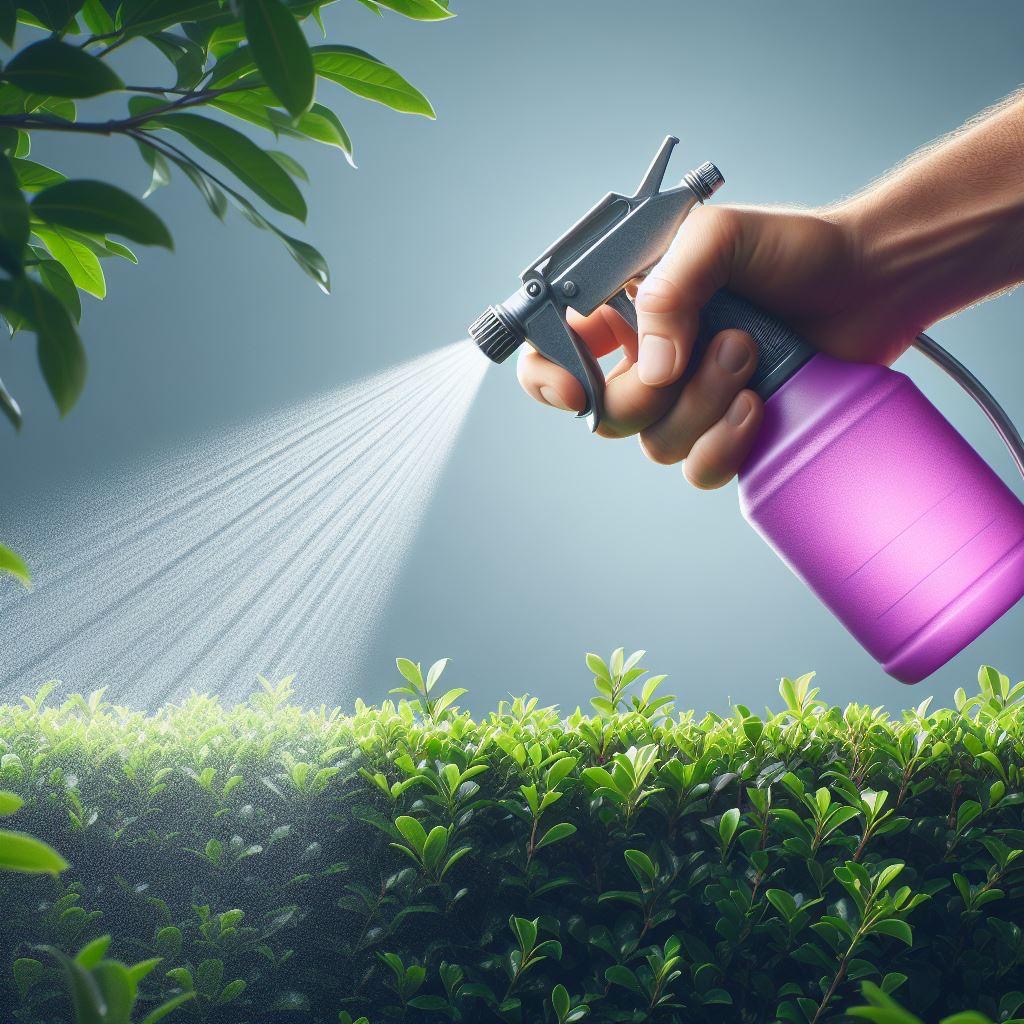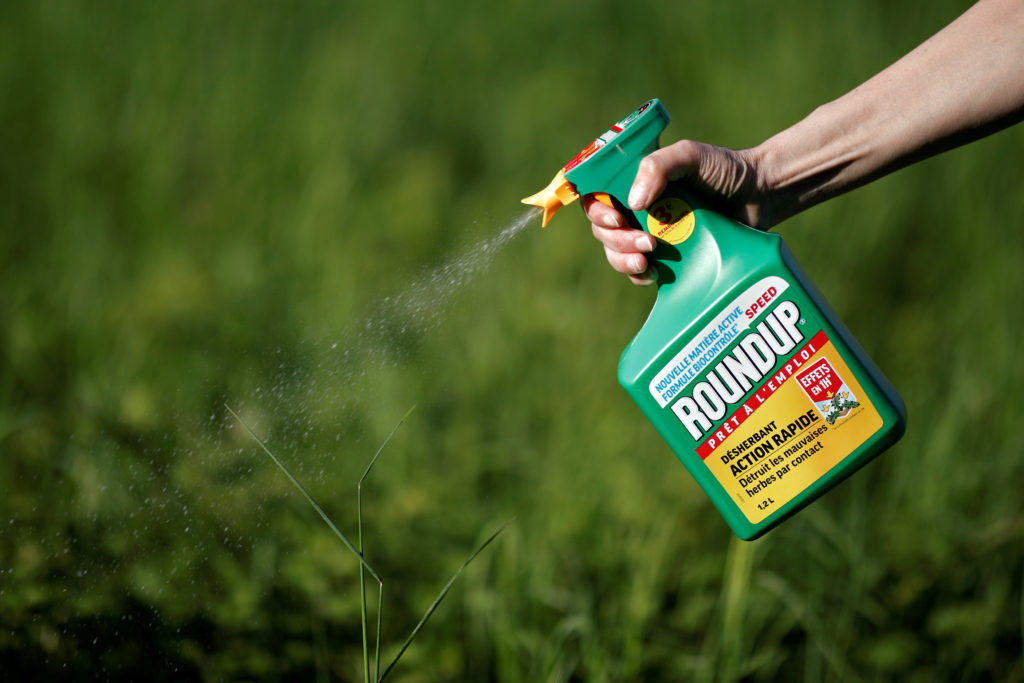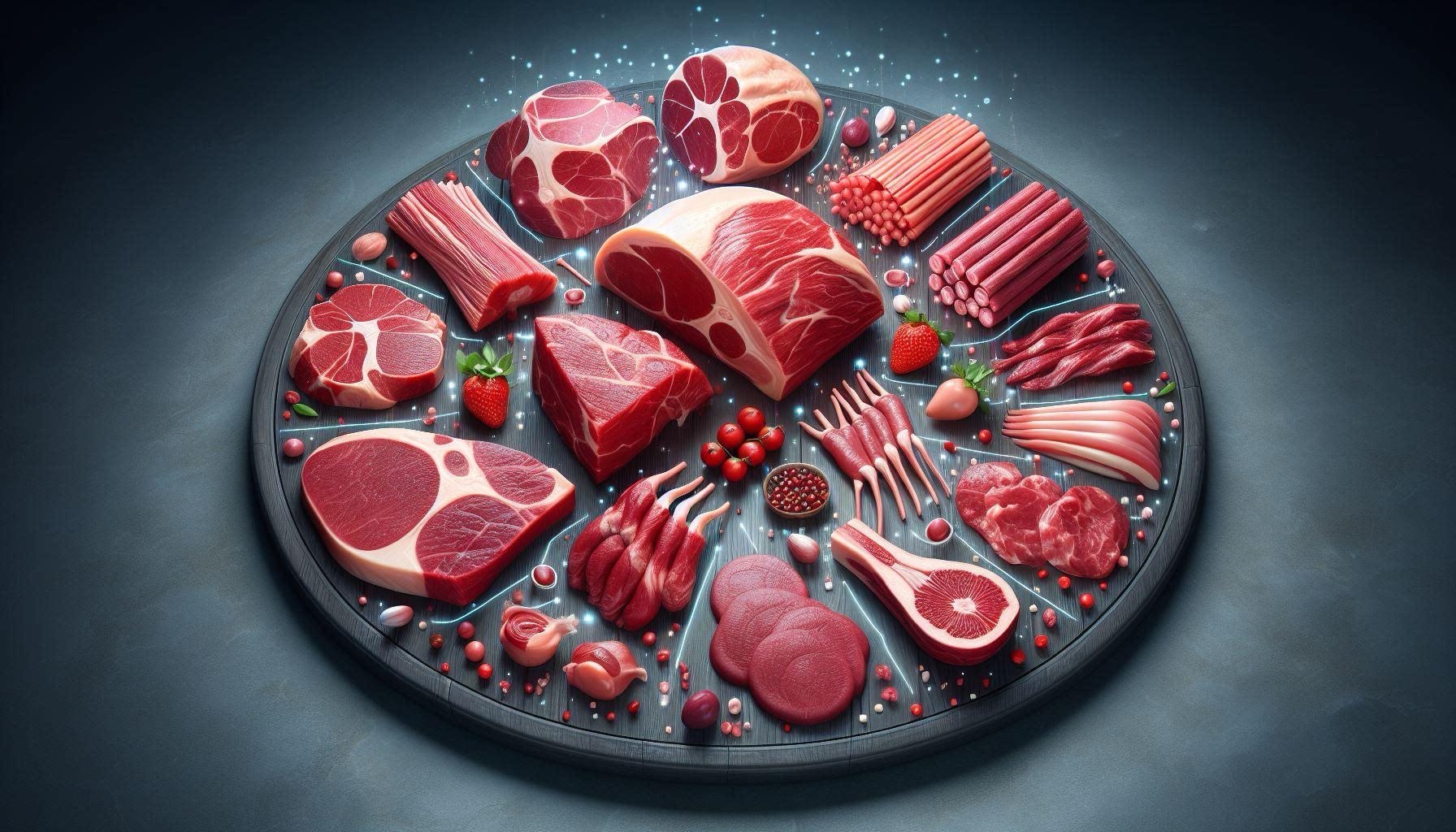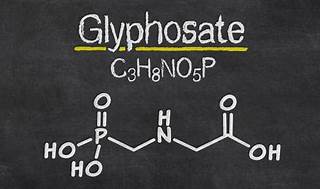Our news

Are there any alternatives to roundup?
Certainly! When it comes to weed control, there are several alternatives to Roundup (which contains glyphosate). Here are some options: Remember that each method has its pros and cons, and the effectiveness may vary based on the type of weeds, the environment, and your specific needs. Choose the approach that aligns with your gardening practices…

What foods have been found to contain Glyphosate: Overview
Glyphosate, a chemical commonly found in some weed killers used by farmers, has raised concerns due to its potential impact on human health. Here are some key points about glyphosate and its presence in food: Remember that while there are concerns, scientific consensus on glyphosate’s safety remains elusive. Stay informed and make informed choices regarding…

Is red meat healthy
The health effects of red meat consumption have been the subject of extensive scientific research. Here’s a summary based on scientific findings: Nutritional Benefits: Health Risks: Moderation and Choice: Conclusion: It’s important to note that individual dietary needs can vary, so it’s best to consult with a healthcare provider or a registered dietitian for personalized…

How can I avoid exposure to Glyphosate?
To minimize your exposure to glyphosate, consider the following practical steps: Remember that while these steps can help reduce exposure, it’s challenging to completely avoid glyphosate due to its widespread use. Balancing health concerns with practical choices is essential. 🌿🍎

Glyphosate: What is it and why is it used?
Glyphosate is a broad-spectrum systemic herbicide and crop desiccant. It is an organophosphorus compound, specifically a phosphonate, which works by inhibiting a plant enzyme called 5-enolpyruvylshikimate-3-phosphate synthase (EPSP). This enzyme is essential for plants to produce certain proteins needed for growth